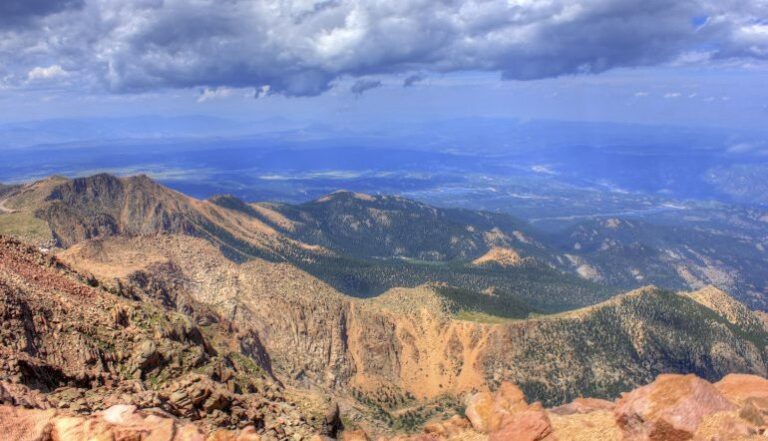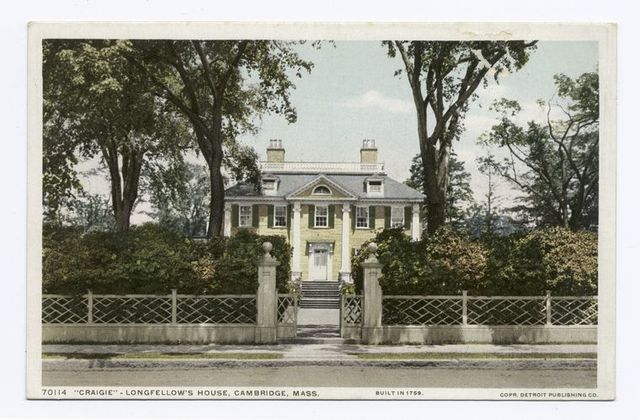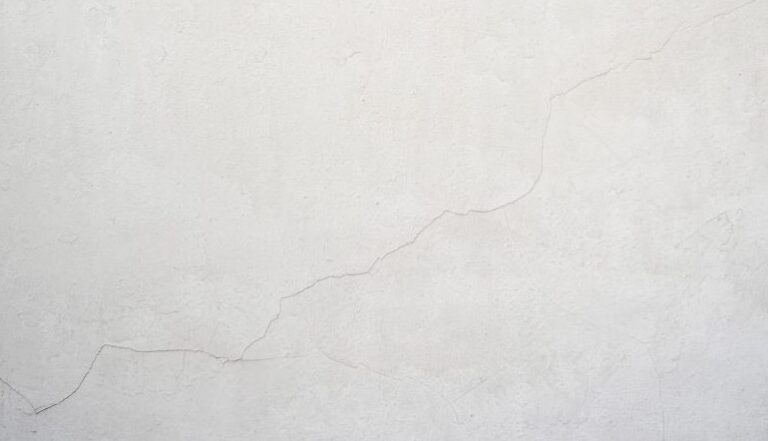Hurricanes and Home-Building in If I Survive You

In the first story of Jonathan Escoffery’s debut short story collection, If I Survive You, out today, Trelawny is talking with some friends when someone—a writer—says: “A census tells us the what but not the why. But even if we have the why—let’s say wealth disparities result from discriminatory housing practices—we still wouldn’t have the humanity that’s essential to conveying the real message, that human lives are at stake.” In If I Survive You, Escoffery writes and shares the story that captures the humanity. It captures the humanity in people trying to fight through racism, it captures the humanity in people trying to go from a have not to a have, it captures the humanity in people trying to make a home while fighting against and trying to survive all these powerful and inhumane situations. And, in a beautifully Miami way, it captures the humanity in people trying to survive hurricanes.
The storm that most often appears in Escoffery’s collection is Hurricane Andrew. Andrew hit Miami in 1992 and destroyed large parts of Florida. As one of Escoffery’s characters says, it was viewed as a major before-and-after moment in the city. In the first story of If I Survive You, “In Flux,” we see Trelawny and his family lose their house, lose their home to the storm. When it comes time to repair the house, Trelawny, the youngest child in the family, is left with his mother, while Topper, his father, and Delano, his older brother, go back down to Miami to repair it. Trelawny feels left out as he watches his brother—“with your father’s guidance, he is rebuilding,” Trelawny sees, “rebuilding the house, the life Andrew washed into oblivion. He is constructing manhood.” While we see the house destroyed by the storm, we learn in a future story, told from Topper’s perspective, that the home had been destroyed before the storm had even hit, after Topper’s actions had broken the family before the first wind gusts hit. The storm gave Topper a chance to try to rebuild this home—if not with his whole family, then at least with his first son.
Andrew is not Topper’s first experience with hurricanes. In the story titled “Under the Ackee Tree,” we learn that when Hurricane Gilbert hit Jamaica in 1988, Topper was in Miami—but his parents and his childhood home were in Jamaica. When Gilbert hits, Topper tries to call his parents, tries to call everyone he knows on the island. When he finally gets ahold of his family, who have survived the storm, they are trying to rationalize the trauma of watching their country be destroyed in a natural disaster. Topper’s father says it only killed unhoused people. When Topper tries to correct him, his father just asks for Topper to send anything he can and hangs up. Topper starts to hope that “only bad-mind people the storm kill off—the ones who wrecked the island with them violence—so JA can return to how it was in your youth.” But, he says, “you know it never go so. It always innocent randomness choose to kill.” He decides that day to try to teach his kids a little about Jamaican cooking, about Jamaican culture, because he can’t protect the island, but he can try to pass a little bit of his home on, to keep it alive a little bit more.
Shortly after Gilbert hits, Topper’s parents are killed in a car accident. This accident once again gets Topper wishing to be back home, once again gets him to be introspective. Topper wishes “for some way to go back, but if a Kingston you stayed, your parents still would’ve been dead. If a Kingston you stayed, you could’ve dead long time.” Once again, Topper starts with a thought of a better world, then quickly switches to bleak realism. Things are only made worse by the mistakes Topper makes when he returns to Jamaica for his parents’ funeral. He realizes then that repairing a home with his whole family is impossible.
Of course, when you’re used to storms, when you’re used to forces that you have no control over threatening to destroy your home, you get used to trying to make the best of it. We see how Delano tries to make the best of the situation in the story “If He Suspected He’d Get Someone Killed This Morning, He’d Never Leave His Couch.” The story starts with Delano having a dream “he is suffering through” where his father tells him “a storm’s coming.” But Delano, who at this point is mostly unemployed but trying to get contracts as a tree trimmer, realizes he can use this to his advantage. A storm means everyone is scrambling, a storm means there is a chance for money.
In order for Delano to try to make money off of the storm, however, we see how he has to hustle just to be able to have the equipment that would allow him to make money off the fear of the hurricane. Delano’s bucket truck, which would let him cut all the trees in a complex, is locked up in the mechanic’s since the repairs haven’t been paid for. So Delano ends up trying to steal the truck back, something he doesn’t want to but feels he has to do, in order to make enough money to see his kids and pay his rent.
As Delano struggles to make money off of the storm, off of the needed work that could maybe make people desperate enough to hire him, he starts to daydream about the storm being so bad that he’d have to forget his plans, that he’d have to just do whatever he could to survive and let the storms, the forces beyond his control, figure the rest out. Delano thinks about how he has “seen the relief of abandoned ambitions, too; dreams left half-chased in the face of survival. Imminent disaster brings simplicity: Run through a checklist dictated by channel 7 news.” Delano thinks about having a purpose for a day, beyond the debt, beyond the constant failures of attempting to feel grounded in Miami, in this country. Just trying to overcome a storm could give him a purpose—a man who beat the storm. He thinks how he could “relish the fact that you did all you could, and should the worst transpire, come Monday, you might not have an office to return to. The roof you slave to keep over your family’s head, the problems and the expectations, the dreams deferred, the rent and back rent and your landlord father—all of it might just have blown away.” He thinks of how if Miami sinks, if the storm destroys everything, there will be nothing left of his home—but also nothing left of the failures that have made a home of him, of his life. The story ends with the image of a beaten down Delano trying to just do what he’s always loved to do, hoping that when the storm he is fighting passes him by, he can come back, having found himself.
In If I Survive You, Escoffery captures this surreal aspect of Miami—how it is a place that is both built by immigrants and people of color but also looks down upon those same peoples. How it is both so close and so far to home for so many. Escoffery captures how storms capture the big moments in people’s lives. We see how storms give an identity to the traumas people face. These storms are commonplace in Miami—both the hurricanes and the obstacles and oppressions that make it so hard to live in the city that at times feels like so many of the diaspora’s homeland, and at times that couldn’t feel any further away from the truth. Escoffery shows us how the people of Miami try to survive both the day-to-day and the hurricanes that threaten to destroy their houses, their jobs, their city, before they can even turn it into the home they want.


